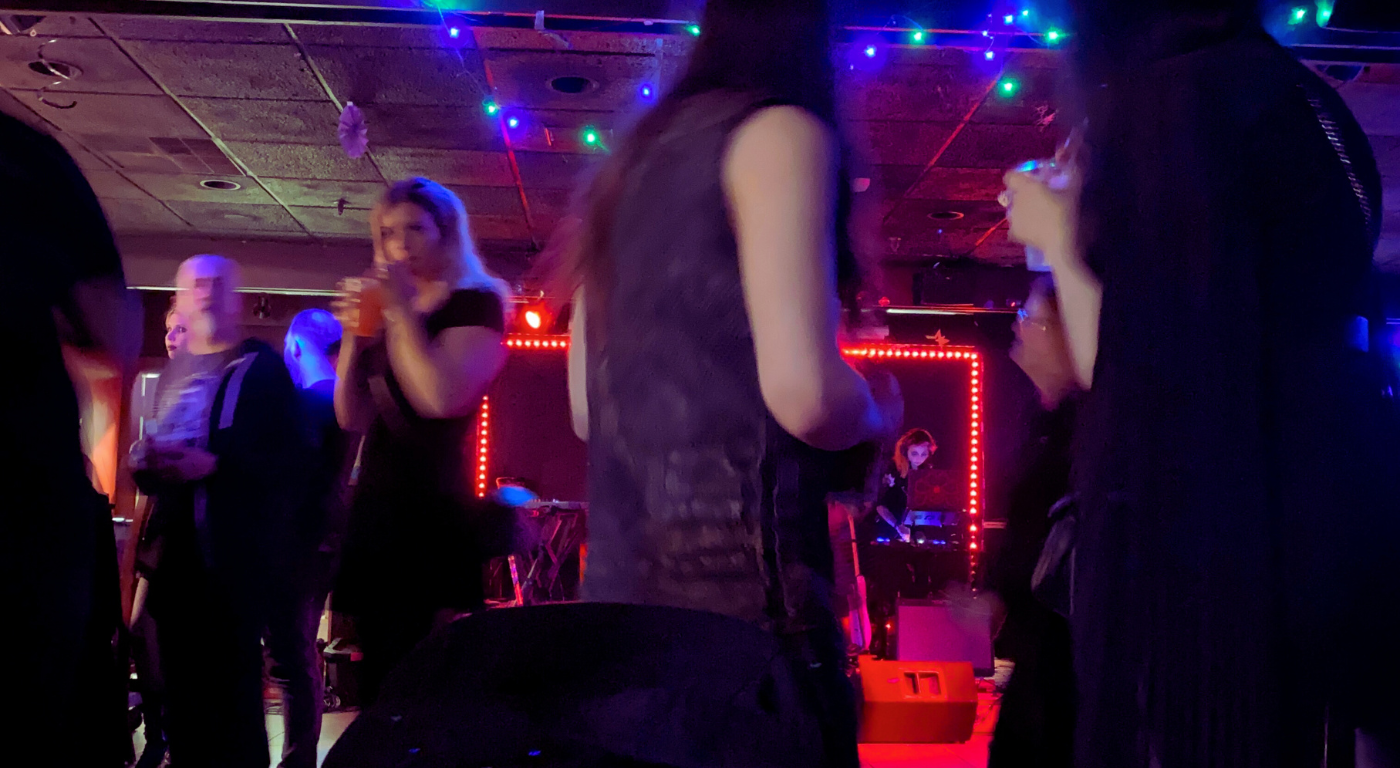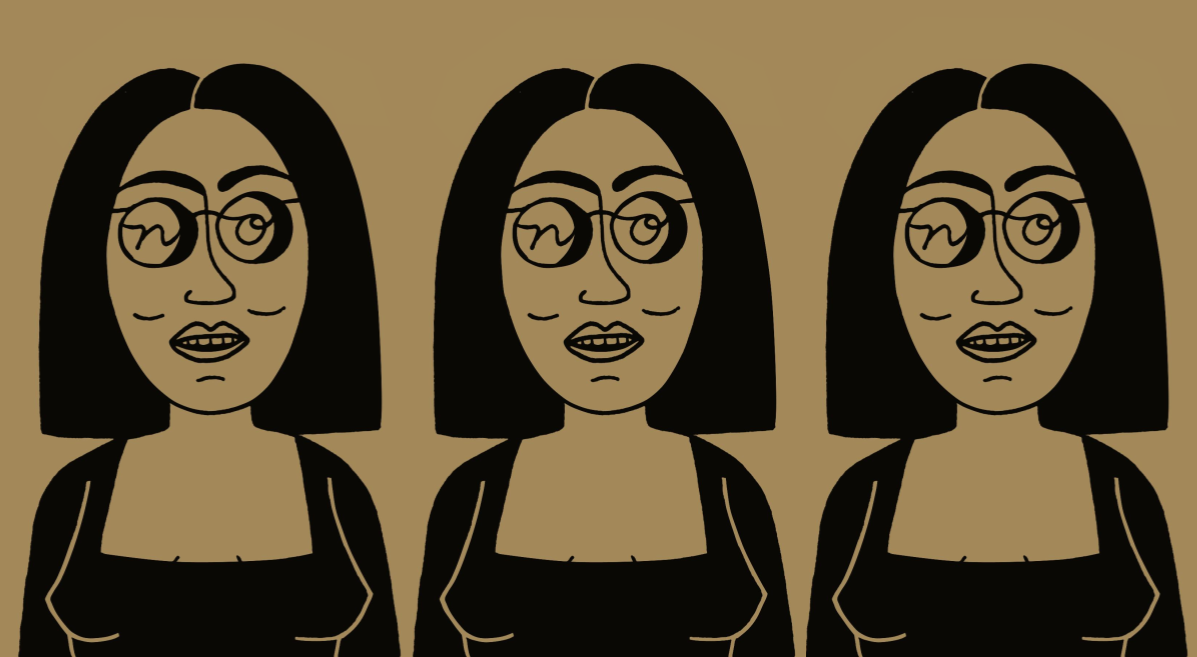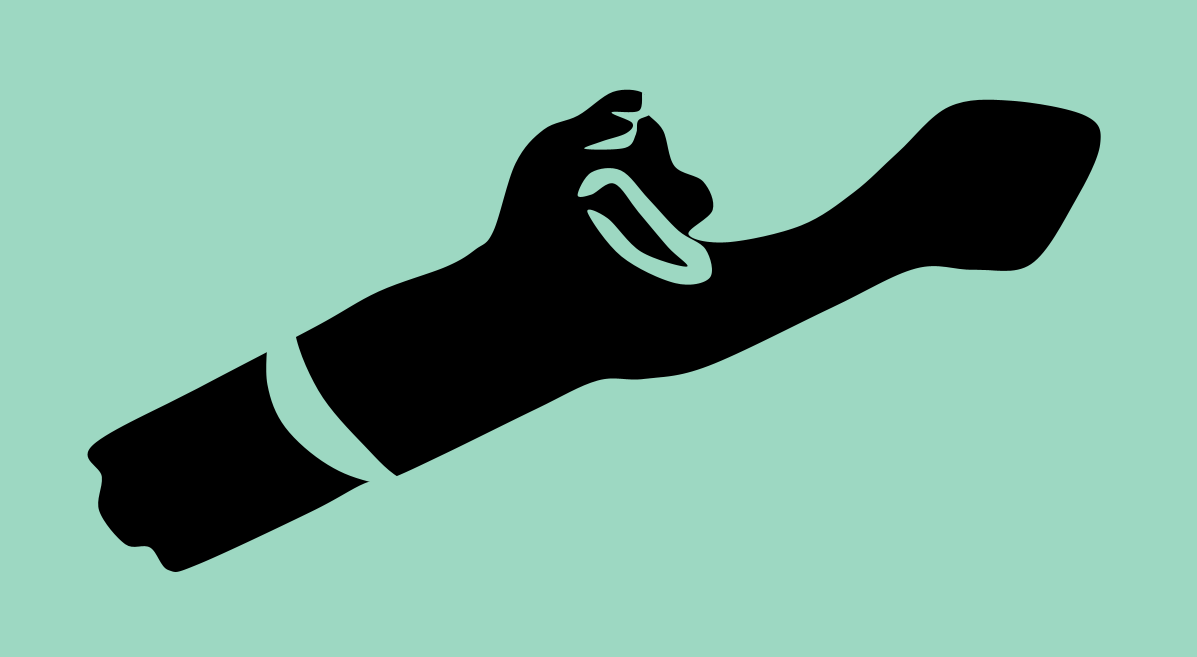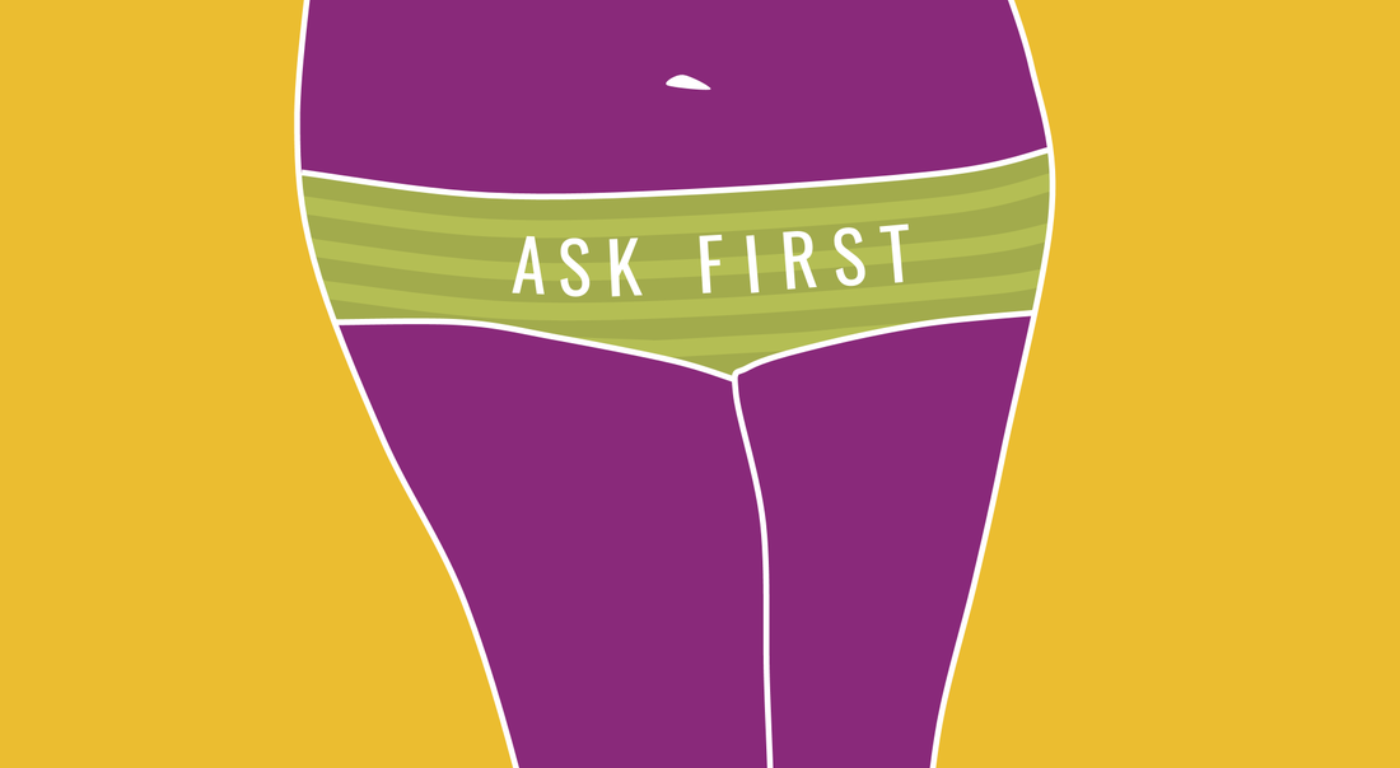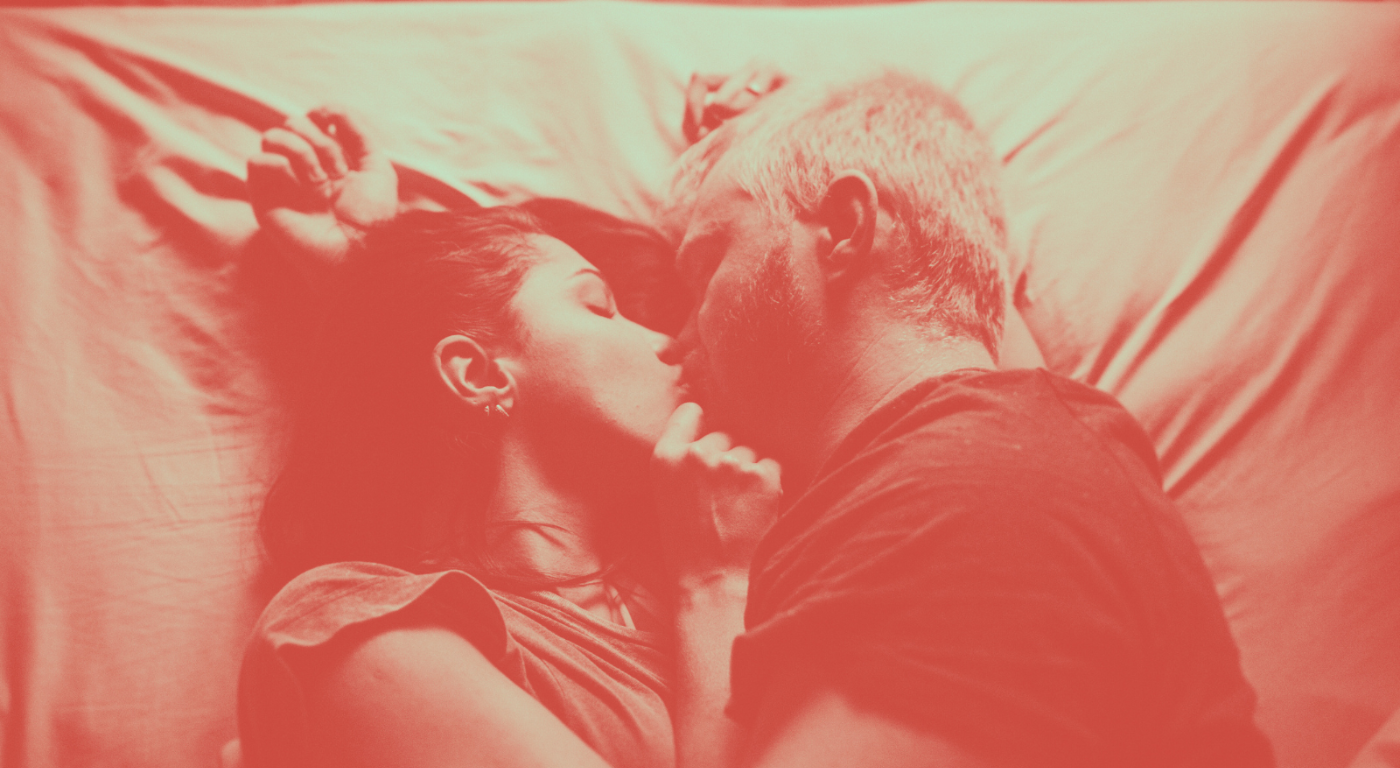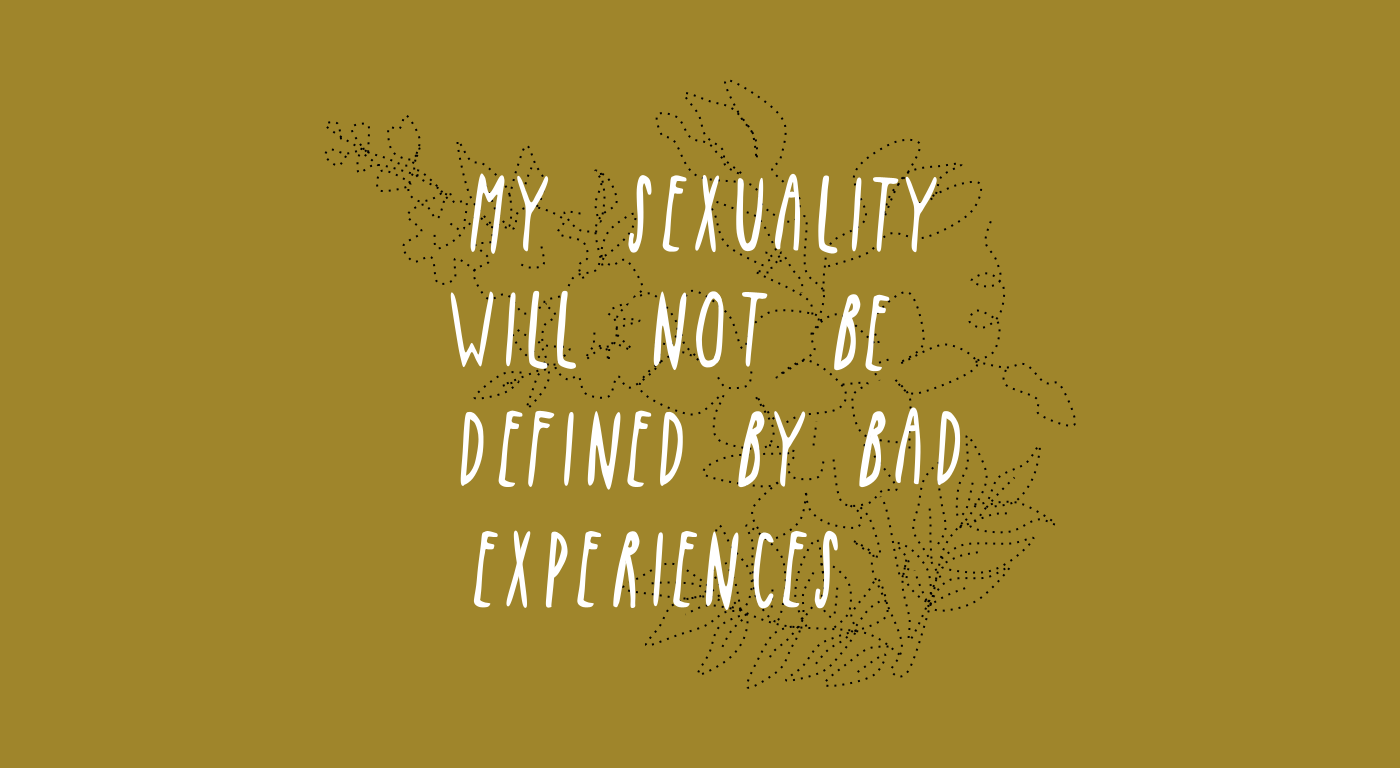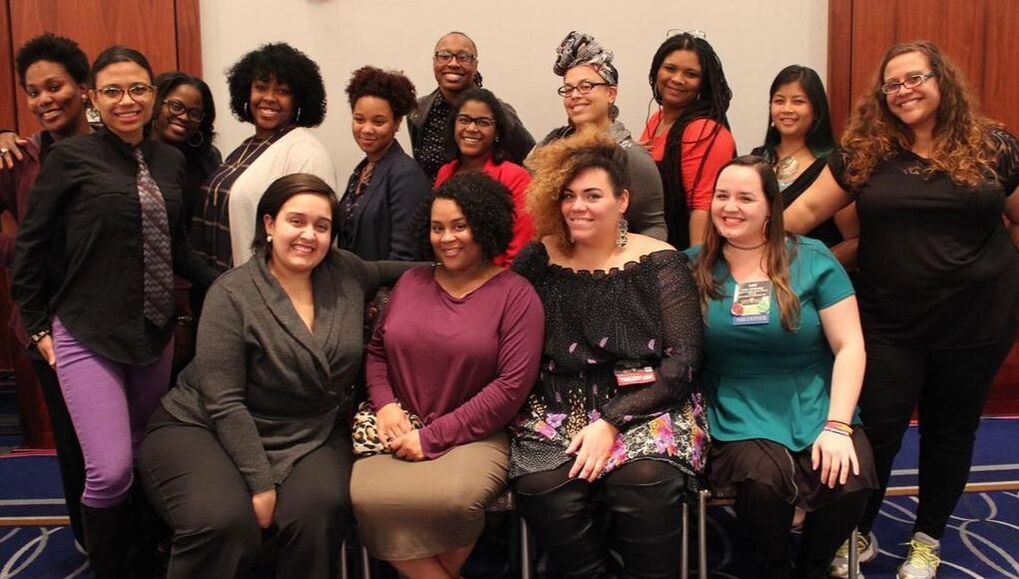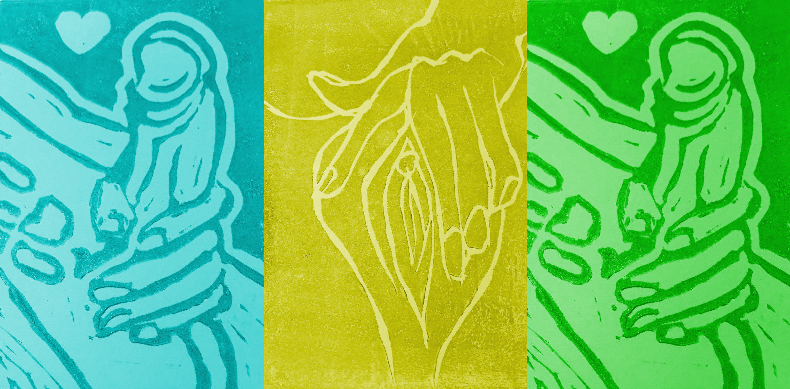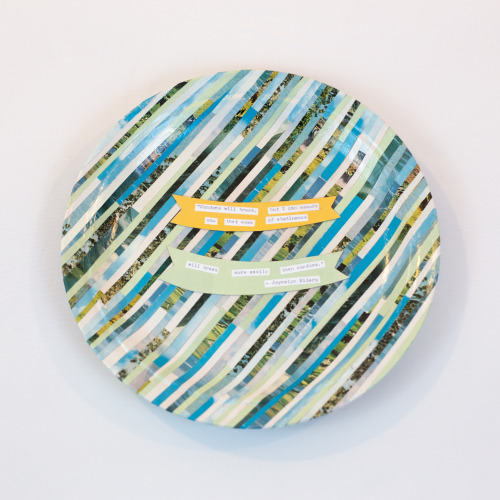|
Who this is for
This article is intended for anyone who wants to be bolder about flirting and hooking up with people but isn't clear on the line between confidently approaching people and being creepy or pushy. Since #MeToo, people have been sharing their experiences with sexual harassment and assault with unprecedented honesty. In the wake of numerous powerful men being called out for their behavior, many men reacted by proclaiming, “None of us will be able to flirt anymore!” The Importance of Learning to Say No5/20/2022 Heads up: This article talks about sexual assault.
“Your no makes way for your yes. Boundaries create the container within which your yes is authentic. Being able to say no makes your yes a choice.” - adrienne maree brown The word no was not a part of my sexual vocabulary for years. After traumatic experiences during which my no was not respected or I was not given the opportunity to say no before my boundaries were crossed, I didn’t see the point in saying no. Why try to voice a no when it seemed like partners weren’t listening to or caring about my preferences anyways? Always saying yes seemed easier than facing the reality that my nos had not been valued before and could be stifled again. Q&A with Pleasure Pie's Founder7/22/2018 Recently, I was asked some questions about Pleasure Pie and the Sex Letters Project. Here are my answers! - Nicole
Trying Out Sex Toys6/26/2018 I own very few sex toys.
Historically, I've found sex toys somewhat intimidating. I bought my first sex toy in my late teens — a large, cheap purple jelly vibrator from Spencer's Gifts at the mall (the only place I knew to find sex toys). I didn't really enjoy using it. The vibrations made my genitals go numb after a few minutes, and it was too big and rigid to feel good inside my vagina. How I Started Asking *Myself* for Consent10/22/2017 A little under a year ago, I started dating a guy (I’ll call him my “partner”) who was especially adamant about me enthusiastically consenting to every sexual thing we did.
It wasn’t that he was asking for verbal consent more often than my other partners. It was that he pretty much begged me to never do anything sexual with him that I didn’t fully want to be doing. The Pros & Woes of a Too-Tight Pussy8/22/2017 Look, I’m not trying to romanticize this crap. Pain sucks. Sometimes, when it feels like I’ve been jinxed with the ability to pee sulfuric acid, or my clitoris is in no-chill, angry-like-the-Bride-in-Kill-Bill mode, I curse whatever vengeful deity is messing with my genitals.
But as much as I’d love to completely indulge in hyper-cynicism, I have to admit that dealing with pelvic pain has, in some ways, made my life better. And yes, that includes my sex life. I am a Rape Survivor, and I Like Sex.11/30/2016 I am a rape survivor, and I like sex.
And I have nightmares about my abusive ex. And I have trouble orgasming with other people. And I worry about being assaulted most days. And I think I probably have PTSD. And I love being touched. And I like casual sex (and that doesn’t have to be an “unhealthy coping mechanism”). And I like loving and being loved. And I find my body really sexy. And I get insecure about whether I’m “doing” sex right/well. And I communicate about consent, STIs, and desires (theirs and mine). And I have creative, weird, kinky, complicated fantasies. And I remind myself all of the time that my desires (and lack of desires) are valid, and that my pleasure is worthwhile! [Content notice: Rape and sexual coercion]
Last night I went on my first Tinder date, and it was horrible! Really long intro (Feel free to skip this part)One of the first things I saw upon waking up this morning was a video of a keynote speech by the Women of Color Sexual Health Network (WoCSHN). They are currently at a conference that I am longingly following on social media called The Woodhull Sexual Freedom Summit
On Whether or Not To Call Rape "Sex"4/4/2016 By anonymous Pleasure Pie contributor
[Content warning] I regularly see people proclaim that rape is not sex, and should not be called sex. As someone who has experienced rape, this feels unnecessarily limiting. Opening My Heart After Rape3/20/2016
By anonymous Pleasure Pie contributor
[Content Warning] 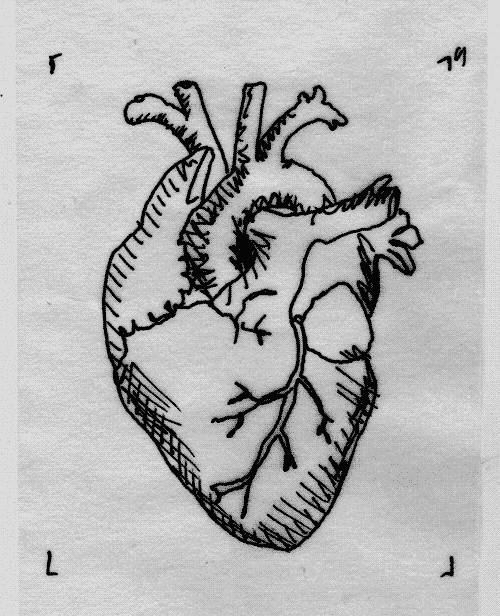
I’ve always been a very polyamorous person, long before I knew the word for it. I feel like I tend to be very open-hearted, and very trusting. When I was in high school, I participated in a group trust fall exercise, and was about a thousand times better at trust falling than anyone else in the group, to the point that I sometimes fell before my partner was even ready to catch me (they did catch me though).
When Rape Feels Familiar3/20/2016
By anonymous Pleasure Pie contributor
[Content warning] 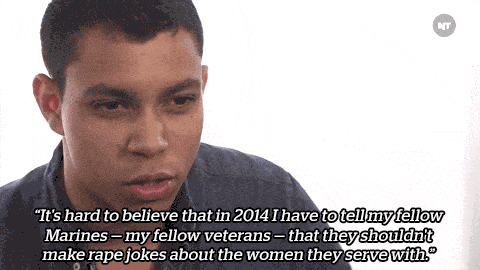
I had a dream last night that I was raped by a neighbor when I visited his house. In the dream I was fifteen years old and he was in his late 30s or early 40s.
On Abstinence Vows: An Art Plate9/29/2015 |
|
Get Pleasure Pie Emails!
(not to be confused with Boston's Sex-Positive newsletter)
|
search the site
|
hello@pleasurepie.org

